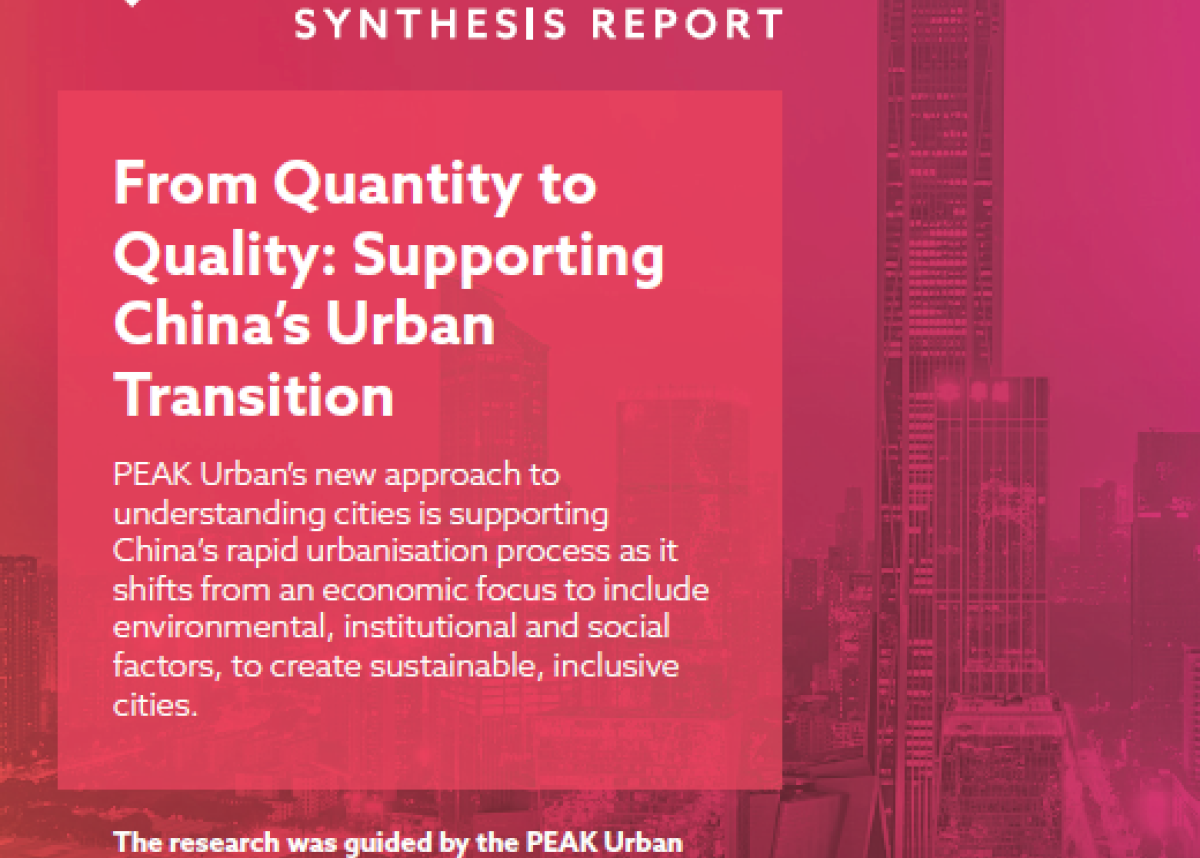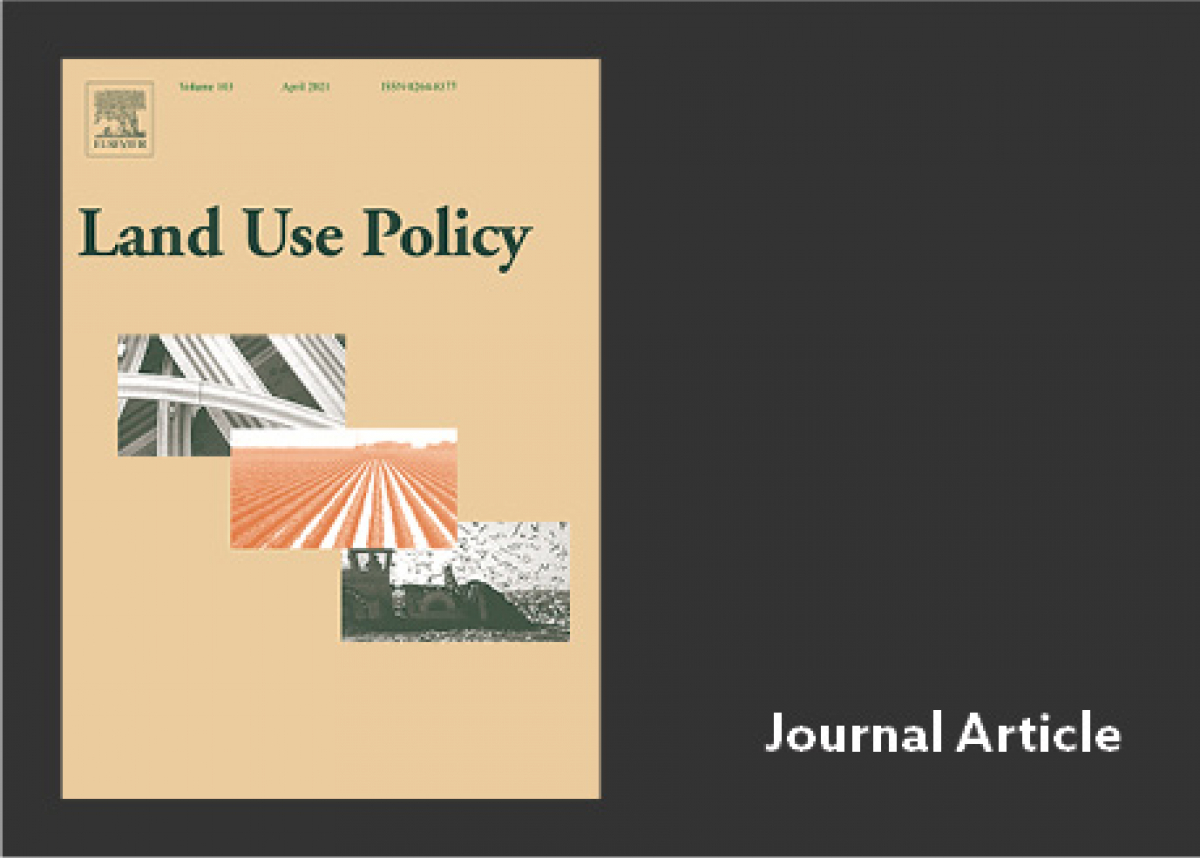
Bringing city size in understanding the permanent settlement intention of rural–urban migrants in China
Recent reform of China's hukou ( a family registration program that serves as a domestic passport, regulating population distribution and rural-to-urban migration) provides opportunities for rural–urban migrants to acquire formal citizenship and for the country's urbanisation to step into a fair and humane stage. However, the between‐city variation in migrants' intention of hukou transfer and the heterogeneity of its influencing factors have rarely been examined. These research gaps make it impossible to evaluate the effectiveness of the localised hukou entry criteria formulated by city governments.
In this paper, we addressed the gaps by using nationwide large‐sample survey data and a multilevel modelling approach with particular focus on the effects of city size. Results confirmed the higher willingness of migrants in larger cities for hukou transfer, which is in sharp contradiction with the small‐city orientation of the current hukou reform.
Our findings further verified the greater preference of well‐educated migrants for large cities than less educated groups, implying an accelerated concentration of talents in leading cities. This research demonstrates the importance of the between‐city variation perspective in understanding the variegated thoughts of rural–urban migrants, the effectiveness of localised public policies, and the future of China's migrant‐dominated model of urbanisation.

